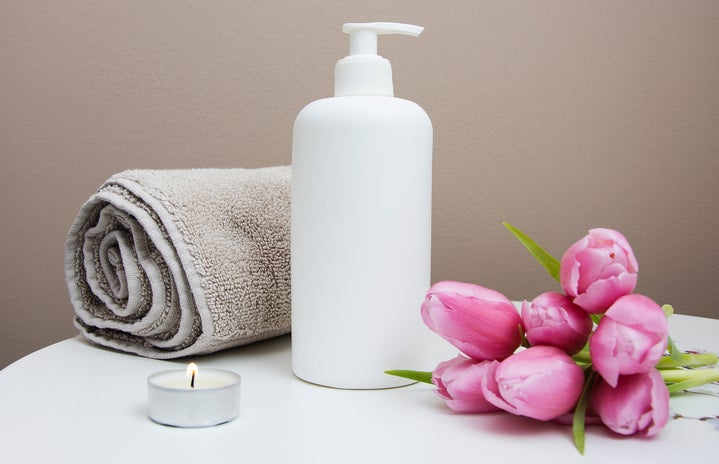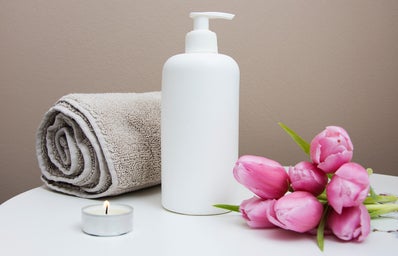Acne is, in my opinion, a horrible word. It is also one I avoided using for so long! Having bad skin is a complex issue that so many of us suffer from through our teenage years and beyond, some of us worse than others. According to a 2001 community-based study published in the British Journal of Dermatology (and conducted by Smithard, Glazebrook and Williams) estimated that 80-90% of people had experienced some level of acne by the age of 21. Whilst the physical effects are mostly obvious, the mental impacts are only just becoming recognised. Having bad skin not only affects your social confidence, but also your work, sleep and relationships. Personally, I spent years not feeling able to leave the house without make up on, and even then feeling like everyone was, in some way, judging me for my skin. Whilst some friends also had imperfect skin, I began almost to resent those people who complained endlessly because they had this ‘one spot’ which was ‘so massive’ when for me, that would be a good day. This mentality is common in acne sufferers, and is not fair both to themselves, as it adds to their already low self-esteem, and to the complainer, because to that person, that one spot may be just as upsetting as my many were to me. Whilst in a dream world people would not even see acne as a huge problem that needs sorting, to most acne sufferers, it is, and we should respect that. Opening up a wider dialogue around acne, its causes and its cures, would help this toxic cycle endlessly, as people need to know how normal acne really is.
You know what doesn’t help? Headlines like these:
“The £6 charcoal skincare soap that will cure your back acne is finally back in stock” – Hello magazine, 2018
“This woman totally cured her acne with just three miracle first aid products” -Glamour magazine, 2018
“I Didn’t Wear Makeup for a Week and My Skin Has Never Looked Better” – Cosmopolitan magazine, 2015
All these articles do is feed the idea that acne is the sufferer’s own fault, that it is because they don’t wash enough, they don’t care enough for their skin, they wear too much make up. Newsflash: 99% of the time, acne is caused by things out of your control. Yes, eating solely junk food, never washing your face and plastering spots in make up is not exactly going to help, but people who genuinely suffer with moderate-severe acne will tell you that they know all this, yet there is nothing they can do which helps their skin. Maybe charcoal soap helps some people (and I’m sure it does) but it would be an exceedingly rare case if it completely cured your acne. On the topic of make up, the British Association of Dermatologists actually recommend that you wear make up to cover up acne if it improves your confidence. They also say that the evidence for fast food causing acne is inconclusive (though obviously eating more healthily is always good for you as a whole!).
Ask anyone who knows anything about skin- the only ‘miracle cure’ for acne is to go and see your doctor. It may take time, and there may be side effects, but trust me, the right medication will be found and it will help you. Nowadays, it has been proven many times that acne has an ‘extensive impact’ on a person’s emotional wellbeing (quoted from a 2017 study published by academics of the University of Naples Federico II, Italy, where they found that two thirds of adolescents studied reported that acne made them feel down, and all except one said that it had a ‘detrimental impact on some aspect of their emotional well-being’). Yet still we allow media outlets to fuel this culture whereby acne sufferers feel isolated and blameworthy for their own condition. We are brainwashed into spending hundreds of pounds on treatment that have little scientific backing, and if they do, it is not based on true acne sufferers. So when you read about the next ‘miracle acne cure’, remember that the only real proven cure for 99% of people is medication, not some fancy soap or going make up free. Acne hurts people both physically and emotionally, and we as a society just need to be a little more careful in how we discuss the issue.



